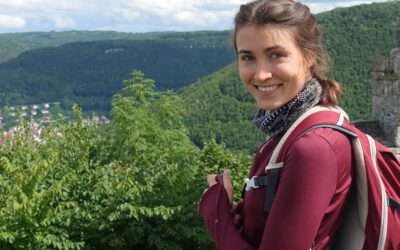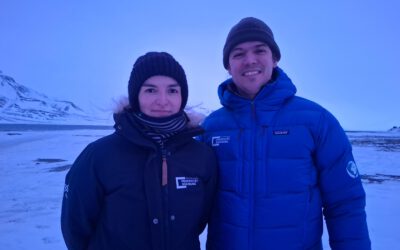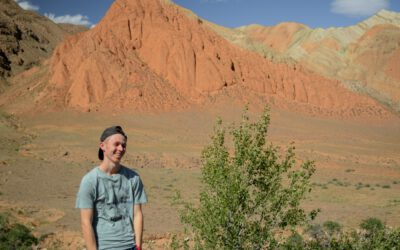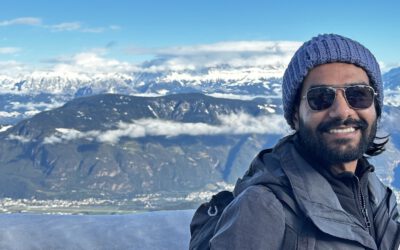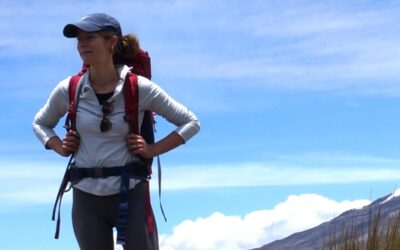Christian Geiß is a lecturer at the Institute of Geography and Geology at University of Würzburg and affiliated with the Earth Observation Center (EOC) of the German Aerospace Center (DLR). He is currently pursuing a habilitation project at the JMU Würzburg with the focus on “Collective Sensing Techniques and Artificial Intelligence for Natural Hazard Risk and Impact Assessment” under the supervision of Prof. Dr. Stefan Dech, Prof. Dr. Heiko Paeth, and Prof. Dr. Hannes Taubenböck.
Christian received the M.Sc. degree in applied geoinformatics from the Paris Lodron University of Salzburg, Salzburg, Austria, in 2010 and the Ph.D. degree (Dr. rer. nat.) from the Humboldt University of Berlin, Berlin, Germany, in 2014. Since 2010, he is with the German Remote Sensing Data Center (DFD) of DLR, where he is head of the research group “georisks”. In 2017/2018, he was also with the Centre for Risk in the Built Environment (CURBE), University of Cambridge, UK, as a visiting scholar.
Christian follows two main research lines: developing novel methods in the field of machine learning/artificial intelligence and deploying those techniques in the context of assessing the risks and the consequences of natural hazards such as earthquakes, tsunamis, and flood events, respectively.
Consequently, his research interests include
- the development of machine learning methods for the interpretation of earth observation data
https://ieeexplore.ieee.org/abstract/document/9247397
https://www.sciencedirect.com/science/article/abs/pii/S0924271619300620
- multimodal remote sensing of the built environment
https://ieeexplore.ieee.org/stamp/stamp.jsp?arnumber=8745682
https://www.sciencedirect.com/science/article/pii/S0924271621001817
- exposure and vulnerability assessment in the context of natural hazards
https://link.springer.com/article/10.1007/s11069-022-05672-6
https://link.springer.com/article/10.1007/s11069-016-2663-8
- techniques for automated damage assessment following natural disasters.
https://ieeexplore.ieee.org/abstract/document/9321713



